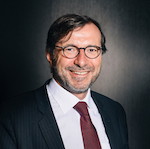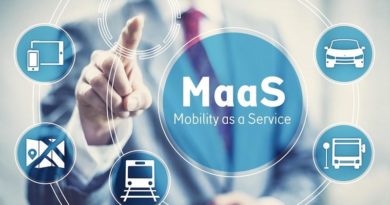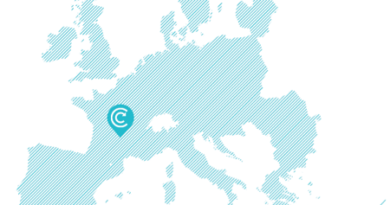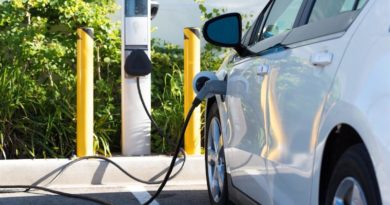
From sector coupling to smart sector integration – DSOs serving as the backbone of an integrated and intelligent energy system
“Business as usual is no more. We will need to bounce forward and not bounce back.” Those words of Commission President
Ursula von der Leyen encouraged us, the DSO Industry in Europe, to address our present and future challenges with new solutions and a new spirit. This is probably true for all economic sectors, but specifically for our industry which is positioned, by design as well as by regulation, to enable energy transition and customers’ empowerment in the energy sector. The need to bounce forward is therefore much more needed.
In the wake of unprecedented challenges, including the economic and societal implications of COVID-19 and looming climate change, Europe is looking for new ways to build a sustainable, resilient and future-proof economy. With the new MFF and the Next Generation EU, we are looking at an economic recovery package that has the potential to contribute significantly to transform Europe’s economy and put the “old continent” at the forefront of global leadership in sustain- ability, digitalisation, green technology and innovation.
There are currently several political construction sites to address this transformation and smart sector integration is a fashionable way, although a somewhat ambiguous one with several definitions, depending on who you ask.
As an industry, E.DSO’s members are not only able to provide a proper definition, they are currently experimenting what sector integration is.
Originally referring to the electrification of end-use sectors in order to increase the shares of renewables, sector coupling is a concrete strategy to broaden and include cross-vector interconnection of power, heat, and gas, thus the integration of their networks and the con- version of energy carriers into another.
For us, a climate-aligned and cost-efficient decarbonisation is our main target. As distribution system operators, we connect both customers and decentralised renewable energy sources, facilitate exchanges between them especially at local scale to make the energy decarbonisation a common ground. The European regulation recognise our role of natural proactive enablers. Coping with flexibility on a local scale and alongside with territories and citizens is now possible thanks to the digitalisation of network and data transparency which are levers we develop with a fast pace.
Going further, sectoral integration refers to the integration of sectors across the energy system, e.g. of heating & cooling, industry, transport with the power sector to achieve EU decarbonisation targets. Smart integration refers to the need of ICT and AI layers towards this end. To make it a reality, the members of E.DSO massively invest in smart meters, ICT and AI layers in addition to classical grid investments.
Digital and energy infrastructures, modernised and reinforced by new investments and bold innovations, are key to make the development “new energy systems” possible.
Combining the best of each lever: gas when there is no possible alternative, clean hydrogen for the optimised uses flexibility between heat, gas and electricity.
We, as the DSO industry, think that a regulation is needed to better coordinate and facilitate investments. We are also convinced, based on several demonstrators we developed all over Europe, that some principles of current regulations, especially on the tariff-structure, have to evolve quickly. Consequently, this will make the development of ICT and IA possible, which constitute another kind of asset different from the classical copper and transformers.




